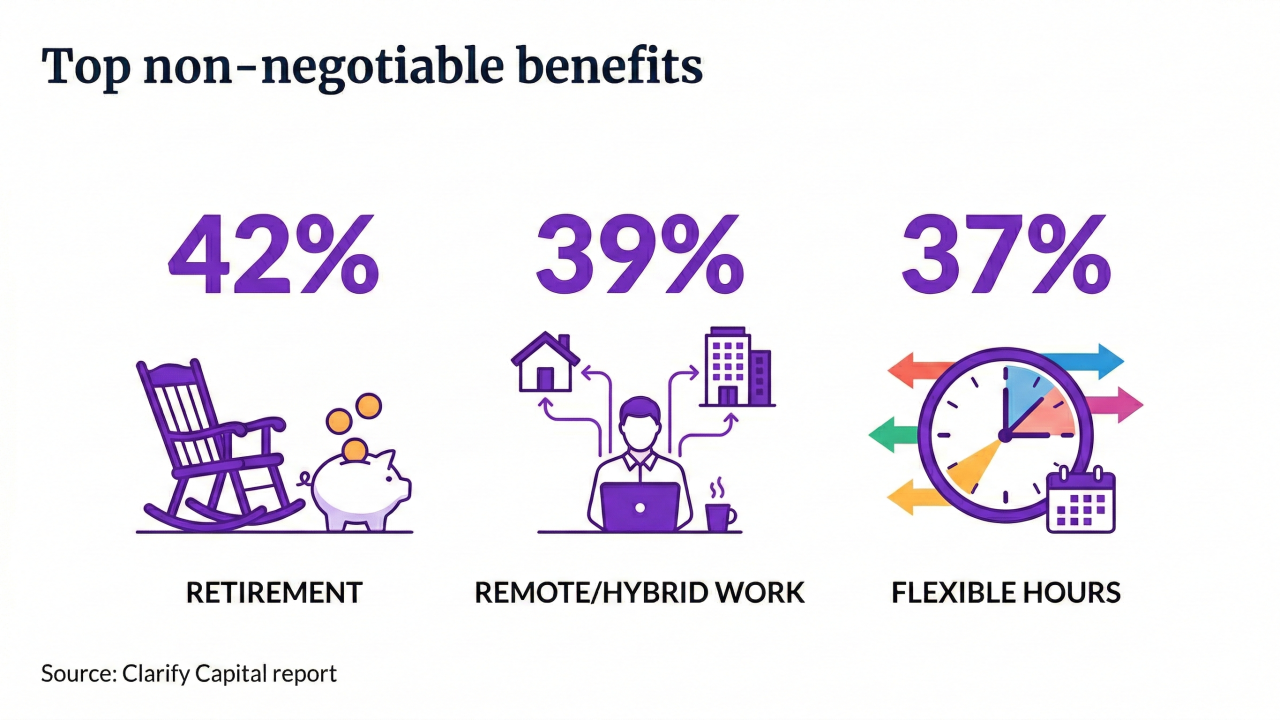Gen Z doesn’t just want to hear their company talk about diversity, equity and inclusion — they want to actually see them make changes, too.
Often referred to as the most diverse generation to enter the workforce, Gen Z employees have been transparent about what they want from their employers. Eighty-seven percent of young workers cited DEI initiatives as very important to the workplace, according to
Despite being overall underwhelmed by the state of the company's current initiatives, Gen Z continues to remain optimistic about their employers willingness to grow, says Tallo’s CEO, Casey Welch.
“But that window can shut really quickly,” he warns. “It isn't one of those things you can put on the back burner and say it's a nice to have because really, it's a must have right now.”
Read More:
Gen Z’s desire for a more inclusive workplace may stem from the fact that in 2021, the percentage of young workers who have felt discriminated against went up to 48%, up from 44% in 2020, according to Tallo. And as a result, 37% of Gen Zers who have applied for jobs in the past have decided not to apply to a place of work out of fear of not being accepted because of their race, sexual orientation or gender identity.
Which means that to young workers, DEI efforts are more than just
“They're going to want to come in and contribute,” Welch says. “And so when they get there and it's not there or [they don’t know] where to find it or where to ask about it, that’s a big disconnect.”
That disconnect will cost employers dearly if not remedied, Welch says. Because there is no shortage of job opportunities for young workers in the current labor market, Gen Z workers are willing to leave their current position in favor of a company that better aligns with their values — even if it means
Read More:
“[Young workers] have options like they've never had before,” he says. “They’re going to want to work for employers that stand for the same things that they do.”
There’s a silver lining for employers who may not feel confident in the strength of their DEI initiatives, according to Welch. And it’s that Gen Z workers — more than any other generation — are likely to speak up and offer solutions just as long as they get to be a part of them. It’s up to employers to not shy away from potential criticism, and instead listen and lean into what their employees have to say.
“They have different needs and different interests,” Welch says. “It's coming from a genuine place so take that feedback, roll it in and make sure you put that support system behind and it'll pay off ten-fold down the road.”






